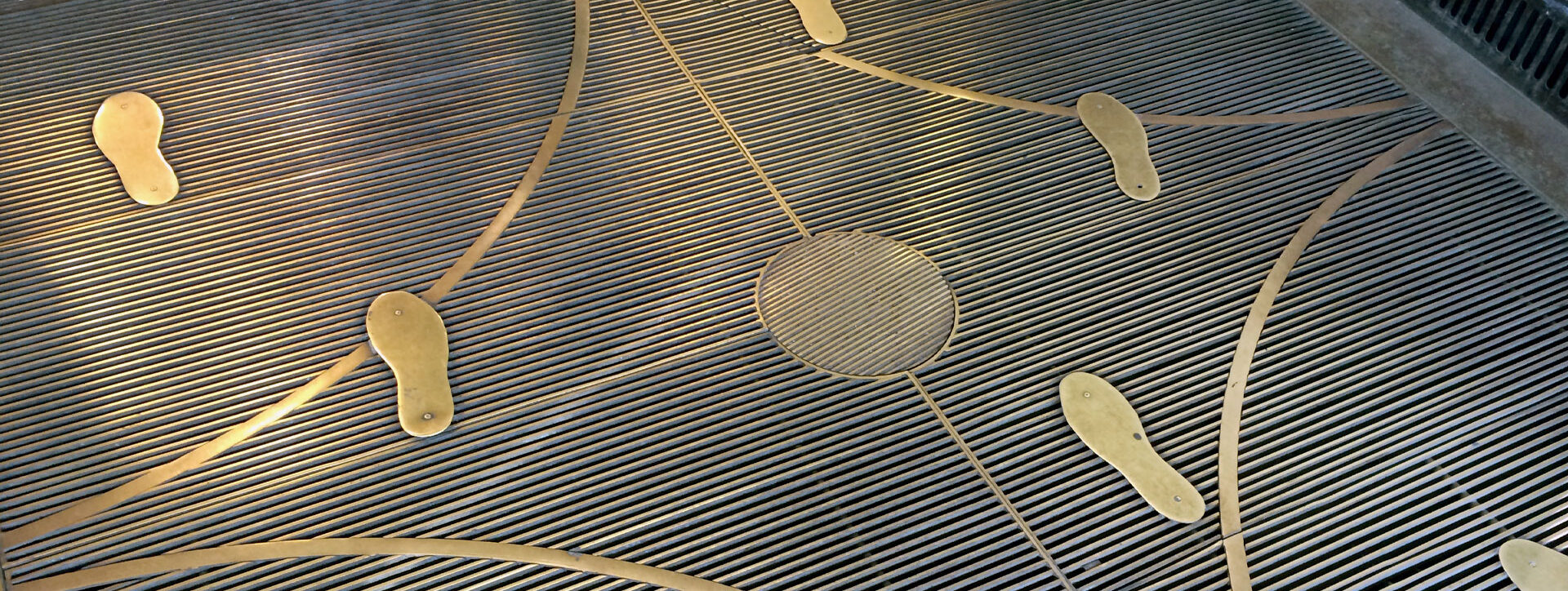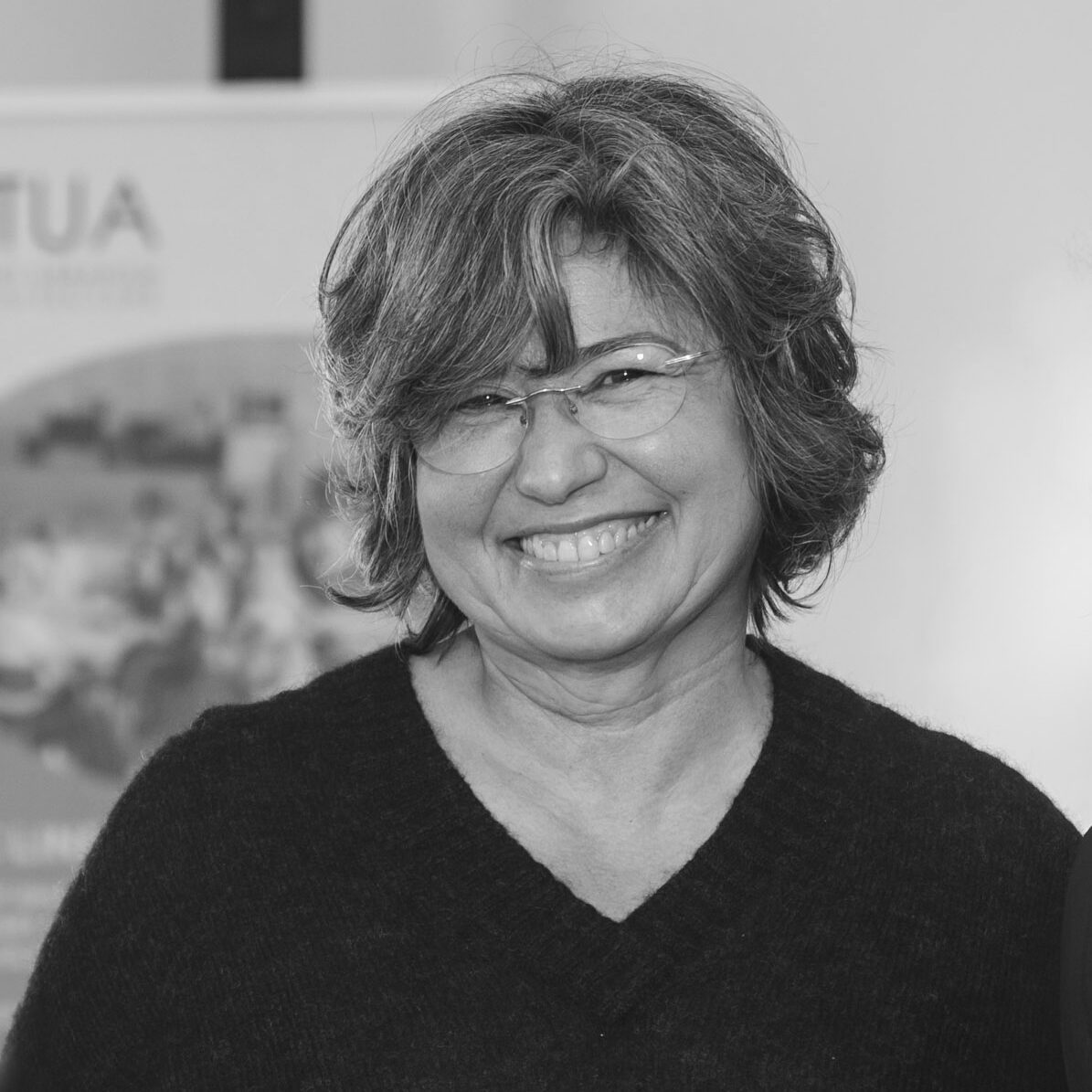TYPE > RESEARCH & DEVELOPMENT
AfricaHabitat – From the Sustainability of the Habitat to the Quality of Inhabit in the Urban Margins of Luanda and Maputo
Also appears in: Concluded, Landscape, National, Research & Development
The project deals with forms of socio-urbanistic and housing intervention in the urban margins of African cities of Lusotopie, in the new millennium, focusing on those that contribute to improving the quality of inhabit and the sustainability of habitat of low-income groups. In the current context of accelerated urbanisation, globalisation and increasing socio-spatial inequalities, inscribed in the neoliberal paradigm, it is urgent to reflect on the impact of such interventions, as well as on how to construct a more inclusive habitat and on how and what to do to reinforce them. Luanda and Maputo, with similar structural constraints, are taken as case studies.
The main objective is to identify and differentiate interventions in the urban margins, attending to the type of housing situations, to intervention processes and to their impact, as well as to contribute to an increased understanding and dissemination of these interventions.
This project has 9 partners, 5 in Portugal, 2 in Angola and 2 in Mozambique.
To know more about this project access here.
Project Duration: October 2018 – July 2022
Funding Institution: FCT
BRIDGE - Bridging science and local communities for wildfire risk reduction
Also appears in: Concluded, Governance Outcomes, Institutional Funding, National, Research & Development
BRIDGE is an action-research project aimed at developing an approach to integrate different forms of knowledge and action in order to reduce wildifre risk. Local populations are not mere repositories of information from generalist information campaigns. Rather, they hold experiential knowledge that should be crosschecked with scientific information for a more detailed risk assessment. In the action plan, rural fire risk mitigation measures need to be incorporated into local governance logics and the daily routines of forest users.
At the methodological level, the development of this integrated approach will be implemented through a participatory-action research (PAR) applied to a specific territory, Monchique region. Participatory action research is understood as a process by which science and scientists, regional and local governance agencies, decision-makers and public officials, communities and local leaders cooperate with the dual objective of: i) assessing the vulnerabilities and resources of their territory; and ii) identifying the various risk reduction alternatives. This local involvement is a way to build knowledge with the community, raise wildfire risk awareness and foster a more enduring commitment with wildfire risk reduction policy. BRIDGE’s
participatory action research will be applied to a pre-selected pilot-area, Monchique region, and will comprise two major moments: one of participatory socio-territorial diagnosis and a local capacity-building process embodied in the form of a collaborative laboratory. The activities developed in the collaborative laboratory of BRIDGE (Innovation Lab for CBDRR) will be materialized through the adoption of collaborative methodologies, namely the participatory mapping. The involvement between local communities, local/regional technicians and scientists will occur through the construction of a local scaled map where relevant elements for wildfire risk management, such as socio-ecological vulnerabilities, local resources and capacities, will be identified. This map will subsequently be adapted to digital format so that it can be used for other purposes, such as spatial planning and wider public awareness.The development of BRIDGE will be ensured by a consortium of three institutions, respectively the Instituto Superior Técnico (IST), coordinator of the project, the Laboratório Nacional de Engenharia Civil (LNEC), and the University of Algarve (UAlg).
To know more about this project access here.
Project Duration: March 2021 – March 2024
Funding Institution: FCT
Project Reference: PCIF/AGT/0072/2019
TRUST – social innovation sTRategies for sUSTainability transitions
Also appears in: Concluded, Institutional Funding, National, Research & Development
The overall objective of TRUST is to explore the enabling conditions for sustainability transition(ST) initiatives, the extent to which such transitions support social innovation (SI) and the role of SI in generating transformative change, through actors’ networks and agents of change. The key research ideas build on ongoing research projects that explore the transformative potential of ST(eg TRANSIT,ARTS,GUST,TESS,SINGOCOM or TURAS). Social learning and innovation are important factors in transformative process for building social-ecological resilience [WeAn10],[West13]. In TRUST focus is on ST initiatives, supported by SI, that drive transformative change in social-ecological systems(SES). The long-term target is to contribute to create locally based networks for ST and SI strategies to enable change in approaches, routines, practices and mind-sets to create transformation for sustainable driven societies.
The participants os TRUST are Instituto Superior Técnio, Universidade de Aveiro e Universidade de Évora.
To know more about this project access here.
Project Duration: September 2018 – May 2022
Funding Institution: FCT
Project Reference: PTDC/GES-AMB/28591/2017







